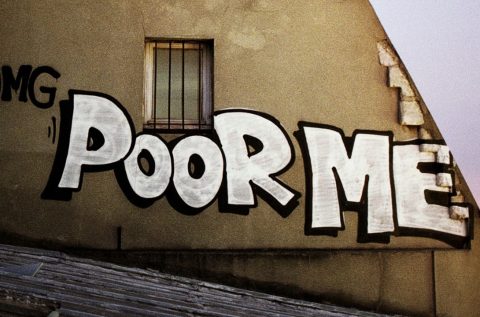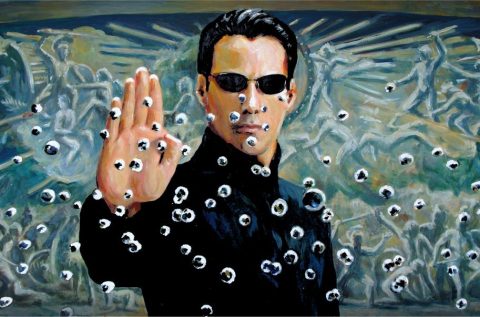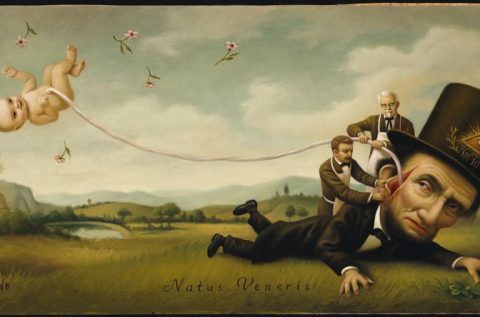Since Game of Thrones officially ended a year ago I have read or watched countless reviews of the series as a whole, most of which followed a similar trajectory: “It started out great and stayed good for four or five seasons, but then it jumped the shark, and the end was so bad that it […]
Author: Jason
If We Hate You, It’s Not For Your Christianity
According to Baltimore’s most sage and snarky journalist, the “martyr complex” is a real thing: “The central belief of every moron is that he is the victim of a mysterious conspiracy against his common rights and true deserts. He ascribes all his failure to get on in the world, all of his congenital incapacity and […]
Science, Patriarchy, and Christian Dominionism
There was a time during the early twentieth century when Albert Einstein was a virtual celebrity. His work created buzz, his public appearances were characterized by mobs of adoring fans — he was like a rock star before rock stars were even a thing. Those days have seen something of a resurgence. Neil deGrasse Tyson […]
VATICAN’T (Catholicism Without All the Uplifting Parts): Week 9 — God’s Risky Atheism
As we wrap up our Vatican’t series I’d like to explore a bit further something I alluded to in my last post. Speaking of the effects of the Jesus story upon humankind, I wrote: Or to put all this in (much) less orthodox terms, maybe there is no external divine Agent accomplishing any of this, […]
VATICAN’T (Catholicism Without All the Uplifting Parts): Week 8 — Humanity 2.0
We have seen thus far in our Vatican’t series that with the death of Jesus came the death of an idolatrous and serpentine system according to which God is a kind of Genie in a bottle whose job is to provide us with the sense of wholeness and well-being that we lack. But if this […]
VATICAN’T (Catholicism Without All the Uplifting Parts): Week 7 — The Absurdity of the Cross
Here’s what we have seen thus far in our Vatican’t series: All humans feel an innate lack or void within ourselves. The serpent suggested to Eve in the Garden — and evangelicalism echoes this sentiment — that this sense of emptiness and incompleteness is not natural but foreign, and must be overcome by jumping through […]





